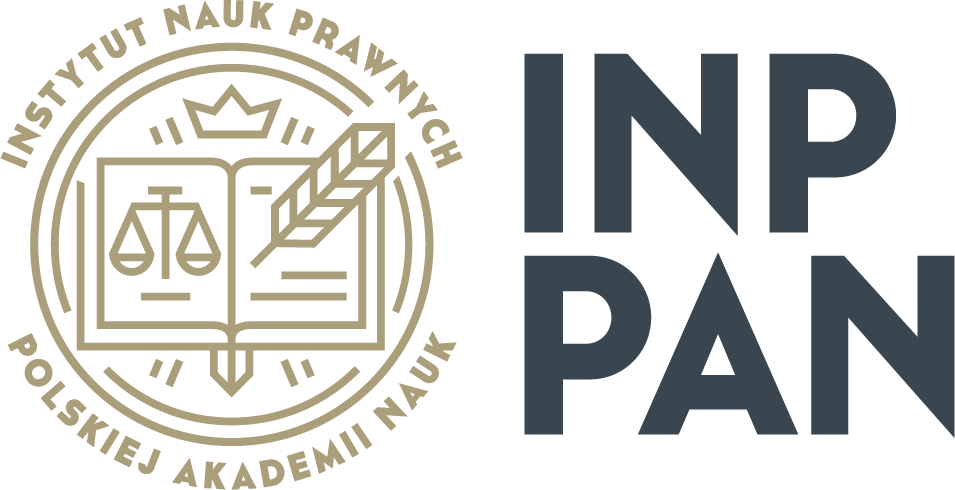Holy See
 The Holy See (, ; ), also called the See of Rome, the Petrine See or the Apostolic See, is the central governing body of the Catholic Church and Vatican City. It encompasses the office of the pope as the bishop of the apostolic episcopal see of Rome, and serves as the spiritual and administrative authority of the worldwide Catholic Church and Vatican City. Under international law, the Holy See holds the status of a sovereign juridical entity.
The Holy See (, ; ), also called the See of Rome, the Petrine See or the Apostolic See, is the central governing body of the Catholic Church and Vatican City. It encompasses the office of the pope as the bishop of the apostolic episcopal see of Rome, and serves as the spiritual and administrative authority of the worldwide Catholic Church and Vatican City. Under international law, the Holy See holds the status of a sovereign juridical entity.According to Catholic historical records and tradition, the Holy See was founded in the first century by Saint Peter and Saint Paul. By virtue of the doctrines of Petrine and papal primacy, it is the focal point of full communion for Catholics around the world. The Holy See is headquartered in, operates from, and exercises "exclusive dominion" over Vatican City, an independent city-state enclaved in Rome, and of which the pope is the head of state.
The Holy See is administered by the Roman Curia, which are the central institutions assisting the pope and through which the affairs of the Catholic Church are conducted. The Roman Curia includes dicasteries, comparable to ministries or executive departments. The Cardinal Secretary of State is its chief administrator. Papal elections are carried out by members of the College of Cardinals.
Although the Holy See is often metonymically referred to as the "Vatican", the Vatican City State was distinctively established with the Lateran Treaty of 1929, agreed between the Holy See and the Kingdom of Italy, to ensure the temporal, diplomatic, and spiritual independence of the papacy. As such, papal nuncios, who are papal diplomats to states and international organizations, are recognized as representing the Holy See and ''not'' the Vatican City State, as prescribed in the Canon law of the Catholic Church. The Holy See is thus viewed as the central government of the Catholic Church and Vatican City. The Catholic Church is the largest non-government provider of education and health care in the world.
The Holy See maintains bilateral diplomatic relations with 180 sovereign states, signs concordats and treaties, and performs multilateral diplomacy with multiple intergovernmental organizations, including the United Nations and its agencies, the Council of Europe, the European Communities, the Organization for Security and Co-operation in Europe, and the Organization of American States. Provided by Wikipedia
-
1
